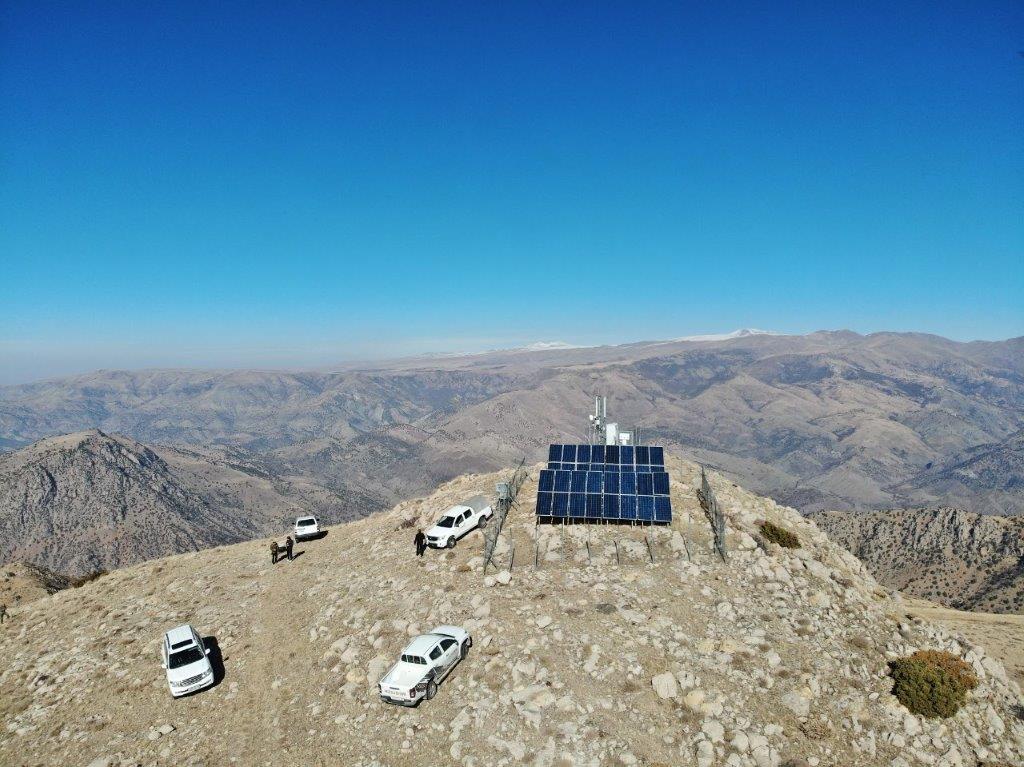
Viva-MTS. modern technologies lead to efficient solutions
For years, the kindergarten of Armavir village (Armavir province) has been working in a forced idle mode during wintertime. Even the inherent to this region mild climate does not help tօ evade the costly heating methods. Although, a new heating system has been installed in the building, leaving the heating with electric tiles and stoves in the past, the use of gas-fired boilers is still rather expensive. Built a hundred years ago and for an unrelated practical purpose, this building was turned into a kindergarten in the 80s.
The strong ceiling of the building supported with thick walls is high enough to use up a lot of energy for heating the entire space. The most realistic and cost-effective way to avoid expensive heating technology was to install a solar photovoltaic plant.
After learning about this issue, Viva-MTS and the Foundation for the Preservation of Wildlife and Cultural Assets (FPWC) came up with an environmentally friendly solution to it. The work is already underway as it is envisaged to start heating the kindergarten with solar energy already next year/in 2023.
In order to have zero spending, the plant will operate with a fixed capacity of 22.5 kW/h. Also, it will have two electric boilers installed with a capacity of 21 kW/h. The produced energy will ensure the usual and extra cost-free workflow of the kindergarten. Moreover, it will be possible to increase the number of students and to open a new group.
Victoria Avagyan, the principal of the kindergarten, considers this project, which is implemented jointly by Viva-MTS and FPWC, to be very important. She is positive that once the solar plant starts operating, the nature will no longer “determine” the vacation periods of employees, neither there will be disruptions in the educators’ and parents’ plans.
“Armenia has a lot of sunlight. We will use natural resources to maintain our costs. Our expenditures will be lowered, parents will be happy with our services, and we will use the savings for other purposes. Currently, there are total 60 students in the kindergarten’s 2 groups. We would like to add one more group, which previously was impossible due to external conditions such as the absence of heating, also in the individual rooms. Now, with this solar system in place, we will manage to save up enough funds to open the third group,” said Ms. Avagyan.
With similar environmental projects implemented in different regions of Armenia, Viva-MTS and the Foundation for the Preservation of Wildlife and Cultural Assets strive to reduce the living costs of rural communities and activate the local population. During next years’ site-visit, the two partner-organizations will have an opportunity to evaluate the results of the solar photovoltaic plant, which is currently under construction in Armavir.
